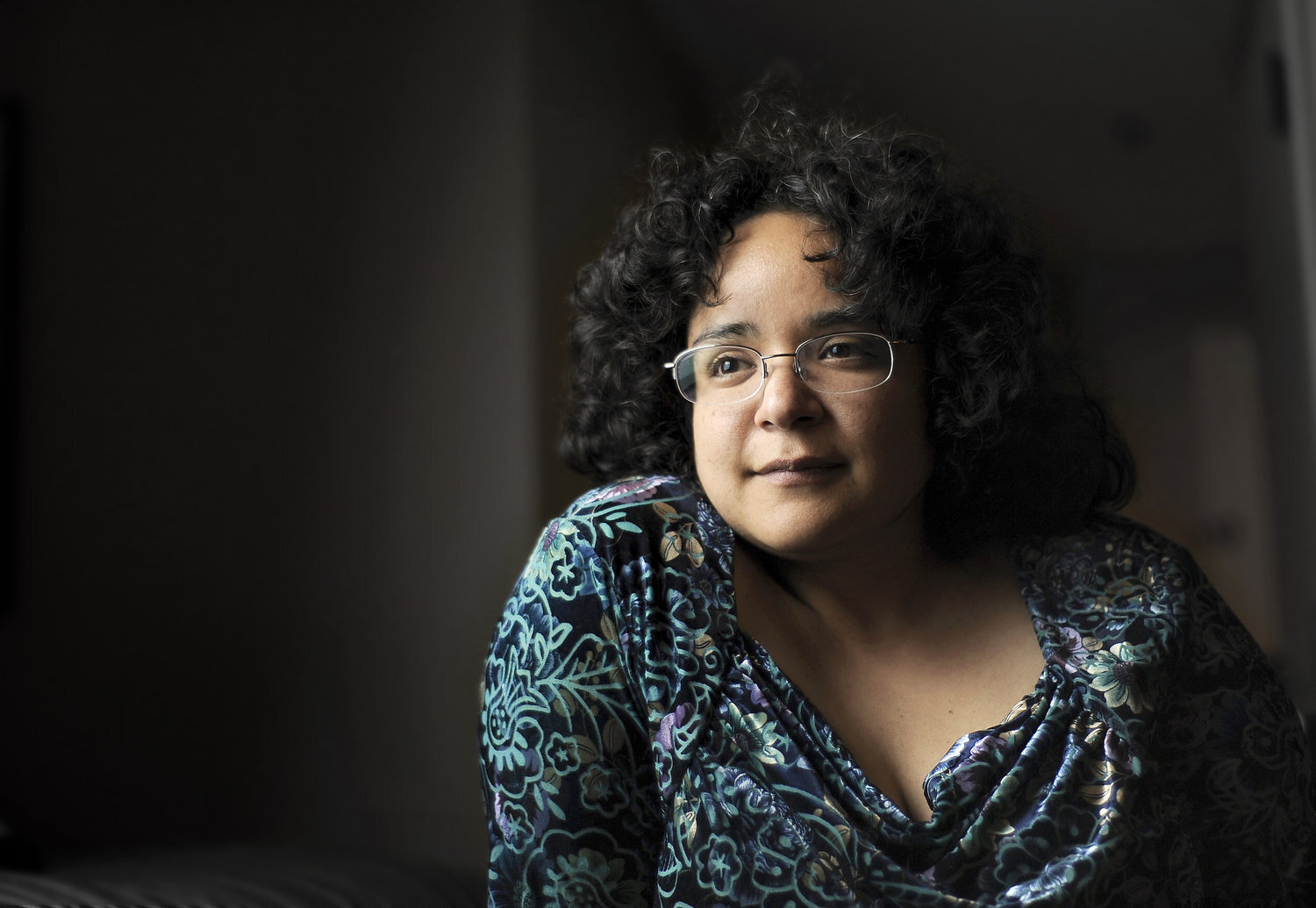It began in a practice room
by Gabriela Lena Frank
If ever there was a time for social activism, this would be it: Thus far, 2020 has birthed a planet-wide pandemic, cataclysmic economic decline, and a chilling reckoning with historically-embedded racial violence. In my native California, we also face a predicted worse-than-usual fire season, already made hellish these past three years from climate crisis which ominously predicts more pandemics in the future.
Yet, it wasn’t until last week when my husband and I buried Beau, our canine companion and surrogate son of eleven years, that I finally lost it. Digging a spot on our mountainous property and burying our gentle giant, a golden-hued Pyrenees mix with an impossibly worried brow, I cried so much that I gave myself hives. At my age, that’s a particularly demoralizing first. Now 2020 is taking our boy, too. What else can go wrong?
While embers may burn in our civic psyche, it may take large and unmistakable events symptomatic of unbelievable times to stir one to change life habits. I am seeing this in beloved friends, spurred by recent social unrest, chagrined to realize how indebted their safety and overall good fortune are to white privilege set at our nation’s founding. When inequity hums along at an insidiously quieter pace, however, and criminality is not in plain view, social activism may, too, burn privately, witnessed only by a few.
My first day as a freshman music composition major proved that to me with an early painful lesson that seared my soul. I was seventeen, blessed to enroll at a music conservatory, having only discovered that such institutions even existed the year before. Thrilled, I spent the morning wandering the practice halls of a brand new state-of-the-art building (They built this just for me!) before selecting a room with a Steinway and a view. After warming up, I placed Ravel’s Jeux d’eau on the stand, beginning on page three with the perilously wide black-note arpeggios that only flow if anchored by a relaxed thumb.
I was mesmerized, so much so that when the door flew open to reveal a scolding faculty piano professor, my brain wasn’t able to immediately skip track —“What are you doing here? What are you doing on that instrument? I’ll be talking to your supervisor!” Dumbfounded, I realized he’d seen me through the small window in the door, and mistook me for cleaning staff, one of the largely Mexican workers who flitted in the backdrop of the school as shadows. My skin color and build has always carried the imprint of Latin America, from which my mother hails, and which didn’t pass the professor’s litmus test for inclusion.
I was calm. And I explained. He apologized, angry. I thought, And would it be so bad if I were indeed a cleaning lady, enchanted by the instrument?
Decades have passed since that fiery initiation when I learned that simply by existing, I might be a phenomenon. It took some years to realize that by moving beyond existing to excelling, I was doing the work of activism, rare as Latinas were who brought their heritage into a western classical canon while, say, quietly volunteering at a men’s prison with a considerable Latino population. Yet more years passed before I learned that widely impactful activism, affecting people beyond my small sphere, meant doing the work on as public a stage as possible, and, crucially, paying it forward to other artist-citizens — Three years ago, I formed a music academy that supports emerging composers from a vast array of demographics and aesthetics while offering an urgently healthier way to approach Mother Earth. It has been a transformative experience, more than equal to my professional successes.
Activism, for me? It began in a practice room and stretches into 2020, a simply unbelievable year, one for the history books. My internal compass tells me the work isn’t done (Why, you think struggle is for the past?) and as I’ve stepped into the second half of my life, I’m resolved to retain my humor and joy through it all. It is the best possible work, and I wouldn’t have it any other way.
Gabriela Lena Frank is the director of the Gabriela Lena Frank Creative Academy of Music. Included in the Washington Post's list of the 35 most significant women composers in history (August, 2017), Gabriela was born in Berkeley, California. Winner of a Latin Grammy, she has composed for leading orchestras and worked with luminaries like cellist Yo Yo Ma, soprano Dawn Upshaw, the King’s Singers, and the Kronos Quartet. She also is a passionate believer in service, and has brought her love of music into hospitals, schools, and prisons. Learn more on Gabriela's bio page.
